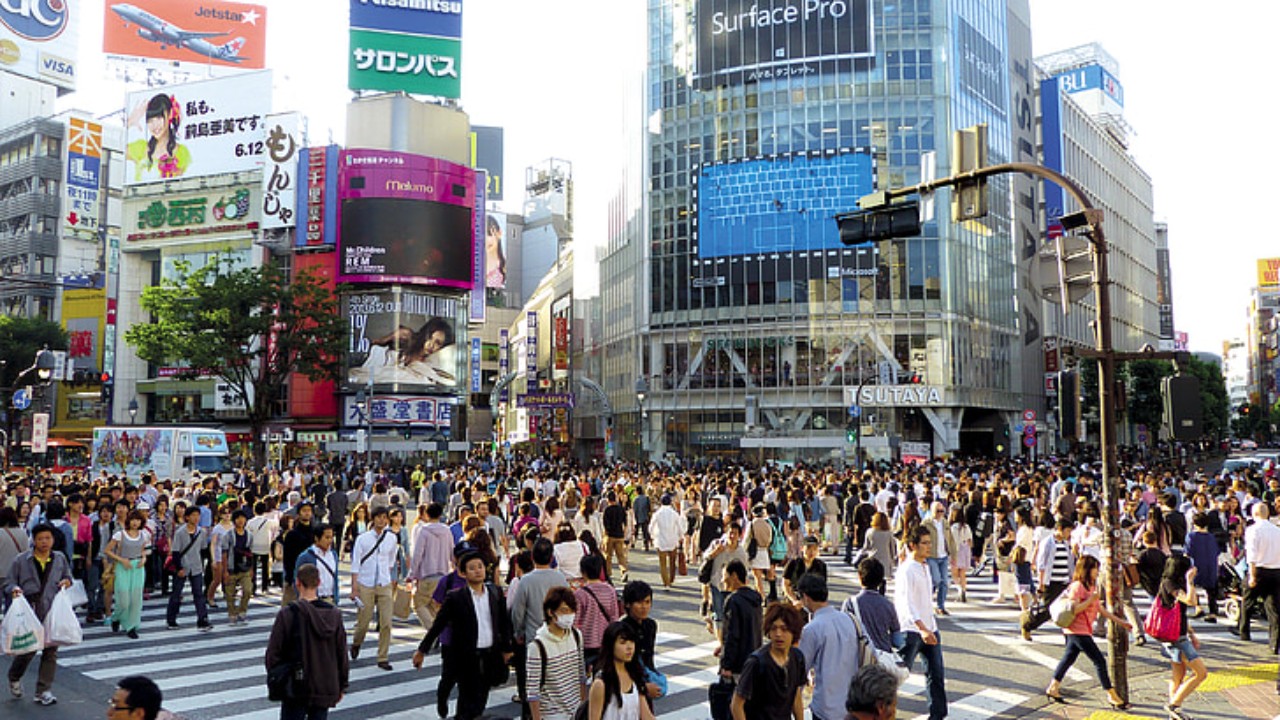As countries recover from the coronavirus pandemic and reopen their borders, a newly discovered variant could be a major setback in recovery efforts.
This is exactly what is happening in Japan, who recently had to reintroduce entry requirements and stringent measures to curb the spread of the novel Omicron variant. These new rules have brought back the country’s ‘ban list’, upped the previous quarantine requirements, and reduced the number of visitors allowed in the country.
Those who are planning to visit the country soon should carefully pay attention to the Japan eVisa requirements for Indians as well as the newly-enacted entry rules.
Which countries are affected?
As the Omicron variant continues to grow, so do Japan’s travel restrictions.
After reports of Omicron’s discovery were spread like wildfire in the news, many governments took action by banning countries where the variant was already present.
Japan became one of the strictest countries in the fight against the Omicron strain when it closed the borders to non-Japanese visitors for a month. This means that any traveler who is not a Japanese citizen or resident card holder cannot enter the country, including business travelers and international students.
Ironically, the following day, the first Omicron case in Japan was discovered after a Namibian diplomat tested positive for the variant during a routine PCR test, while a day later a man from Peru was also found to have it.
Japan’s Ministry of Health noted that it would initially tighten border controls for nationals of seven African countries before it added three more nations the following day. At the moment, the current list of African countries includes South Africa, Eswatini, Namibia, Lesotho, Angola, Zambia, Malawi, Mozambique, Botswana, and Zimbabwe.
However, the list doesn’t stop there. Japanese citizens and residents who have been in India, Greece, Romania, Canada, Australia, Germany, the Czech Republic, Denmark, Hong Kong, and four US states (Colorado, Hawaii, Minnesota, and New York) will also need to undergo strict quarantine.
Prime Minister Fumio Kishida said that Japanese travelers who are returning from designated countries will need to be isolated at a government-designated facility for three to ten days.
“This is a preventative emergency measure to avoid a worst-case scenario,” noted Kishida during a press conference.
He continued, “Research is needed to determine how contagious the Omicron variant is globally, and whether vaccines are still effective in preventing transmission […] it’s crucial that we respond to the situation quickly and flexibly.”
Is the Omicron variant a cause for concern?
After being discovered by a team of scientists in South Africa, the World Health Organization noted that the global risk from the Omicron variant was noted as being “very high” based on early evidence. However, what does that mean?
Singapore’s Ministry of Health, who has already studied preliminary data concerned with the new variant, suggested that Omicron may be more transmissible than its Alpha, Beta, and Delta counterparts. There is also a higher risk of reinfection in those who were already sick with the virus.
However, this does not mean that there is a reason to be concerned. The same Ministry of Health also stated that the current Omicron cases have mostly displayed mild symptoms and that no Omicron-related deaths have been reported thus far.
A South African doctor who initially found the Omicron variant noted that patients with the new strain had very mild symptoms that typically lasted two to three days. The most common symptoms included body aches, a scratchy throat, and headaches.
Those infected with the Omicron variant have not reported a loss of taste or smell, nor do they have a sudden drop in oxygen levels, unlike the often-aggressive Delta strain.
The doctor continued, “Most of them are seeing very, very mild symptoms and none of them so far have [been admitted for] surgery. We have been able to treat these patients conservatively at home.”
Perhaps most interesting of all is that the new strain is affecting those who are younger than 50 years old. However, further research is needed to verify these claims, especially since there are such few infections with the Omicron strain.
When will Japan reopen?
Japan, which has the world’s third-largest economy, had a ‘soft reopening’ on November 8th to business travelers, interns, students, and those with valid visas. Those who had proof of vaccination would have their mandatory quarantine reduced from 10 days to 3 days.
This pilot program of sorts was the first step into fully reopening the country, which many experts thought would be in spring of next year or, at the latest, at the end of 2022.
However, the new Omicron strain put a damper on Japan’s reopening plans.
Many countries are still in limbo, especially those who are still figuring out how to handle new variants and/or who have taken a hardline approach to stopping the spread of the virus.
This includes Japan, which, at the moment, seems like it will have to push back its reopening date into the future as it grapples with the virus.


















